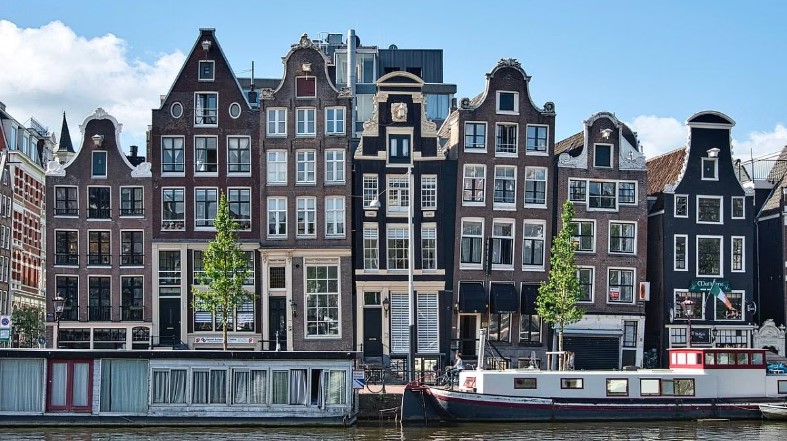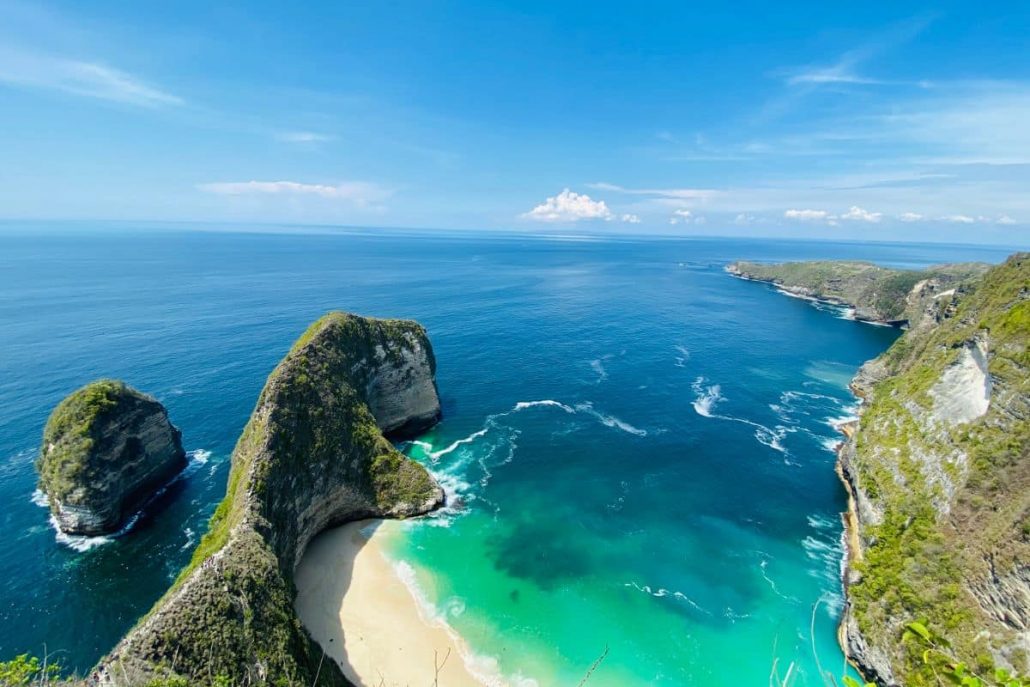Plant-based Foods Market to Hit $162 Billion in Next Decade, Projects Bloomberg Intelligence

Global restaurant chains, plant-based market leaders and health and sustainability benefits to drive long-term adoption of alternative food options New York, August 11, 2021 – The plant-based foods market could make up to 7.7% of the global protein market by 2030, with a value of over $162 billion, up from $29.4 billion in 2020, according to […]
The State of Influencer Marketing 2023: Benchmark Report

The Influencer Marketing Benchmark Report 2023 is our latest overview of the influencer marketing industry. It summarizes the thoughts of more than 3500 marketing agencies, brands, and other relevant professionals regarding the current state of influencer marketing, along with some predictions of how people expect it to move over the next year and into the […]
Spilling the Beans: Food Marketing on Social Media

It’s been a good year for food porn. Kraft Heinz’s Super Bowl slot depicted a man addicted to watching frozen food heat up, while in the UK, Marks & Spencer brought back its “This is Not Just” food campaign that did much to bring the phrase into common use when it first appeared in the mid-2000s. Unlike first […]
Gen Z And The Rise Of Social Commerce

Gen Z refers to anyone who was born between 1997 and 2012. The oldest of this generation are now young adults in their early 20s, who are coming of age and entering the business world. They are the first generation of true Digital Natives. They’ve never known a time when ordering takeout online, sending WhatsApp messages […]
Amsterdam, Venice, Bali choose environment over tourism. Added tax, no cruise ships.

ourist hotspots don’t normally try to reduce visitor numbers, but a growing number are now looking to do so. Why? Because of overtourism and the implications it has for preserving historic sites, air pollution and looking after nature. Amsterdam joins Venice as the latest destination to consider restricting tourist levels through bans of cruise ships […]
Bali announces $10 entry fee for tourists

Tourists visiting Bali will be charged $10 (AED37), starting February 2024. The move is part of the tropical island’s efforts to “clean up its tourism scene,” as per a report by Bloomberg. Come February, tourists must pay 150,000 rupiah ($10) per person for each entry to the island. These funds will then be used for […]

